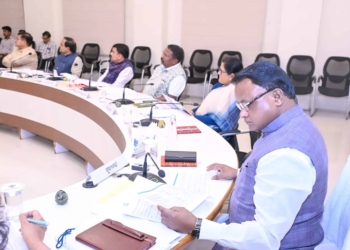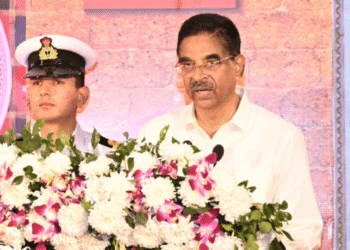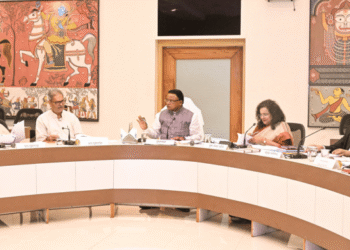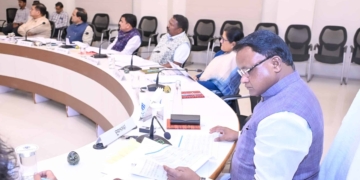The Odisha government’s recent decision to introduce 11.25% reservation for SEBC (Socially and Educationally Backward Classes) students in higher education has ignited a heated political debate, with opposition parties accusing the ruling BJP of betraying OBC students by excluding medical, engineering, and professional courses from the quota.
Senior BJD leader Arun Kumar Sahoo called the reservation policy “unfair,” stating that the exclusion of technical courses undermines the progress of students belonging to SEBC communities. He proposed a 27% reservation with a roadmap to increase it to 54%, ensuring SC/ST students receive a reservation based on their population proportion.
Echoing these concerns, Congress leader Srikant Jena criticised the disparity in Odisha’s reservation system. He pointed out that smaller communities enjoy 10% quotas, while SEBC students, who make up 54% of the population, are largely neglected in technical education fields.
Defending the decision, Higher Education Minister Suryabanshi Suraj argued that previous governments failed to grant any reservation for SEBC students, and the BJP administration was the first to implement it. He highlighted the Supreme Court’s 50% cap on caste-based reservations, which limits expansion beyond existing quotas.
Union Education Minister Dharmendra Pradhan and BJP OBC Morcha president Surath Biswal praised the policy, positioning it as a step toward social justice. They accused the previous BJD-led government of neglecting SEBC students during its tenure.
With political tensions rising, activists and community representatives are expected to push for legislative amendments to ensure broader inclusion in technical and professional education. As the debate unfolds, the future of SEBC students in Odisha hangs in the balance.






























